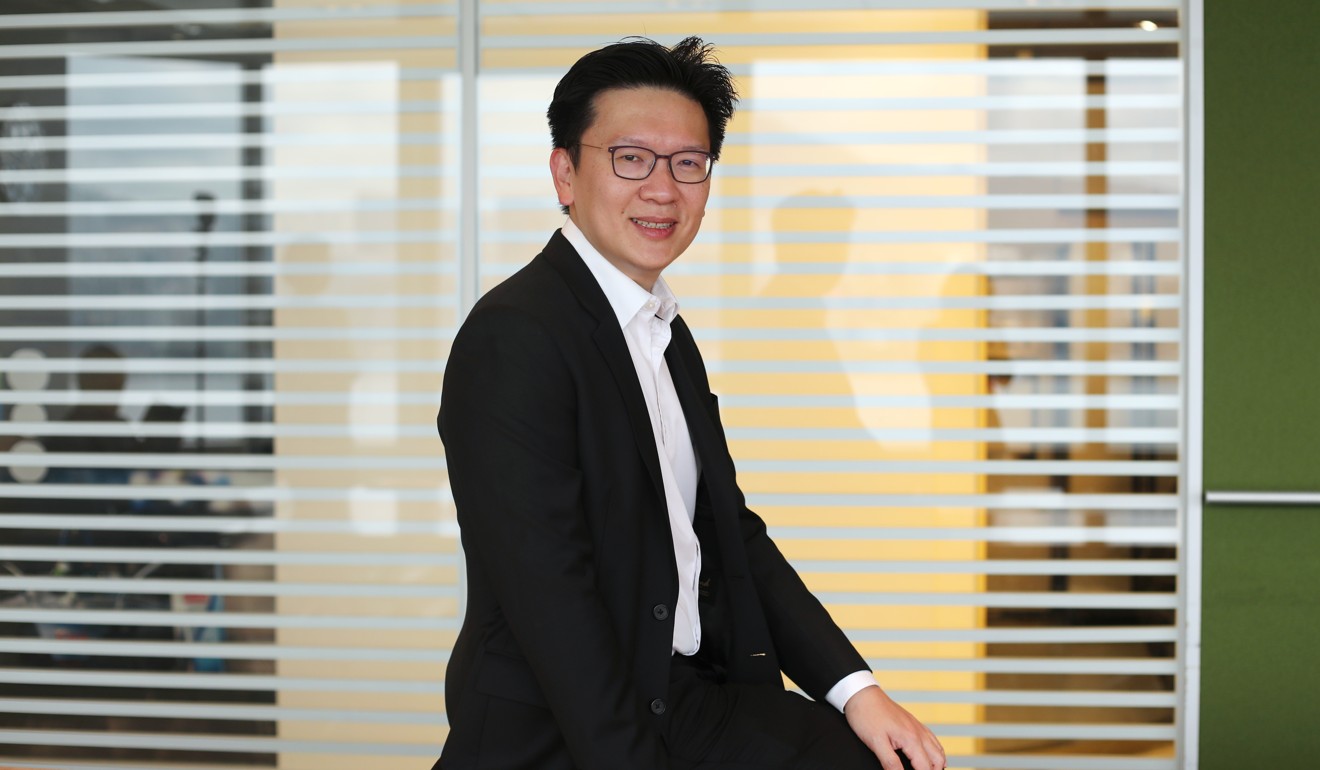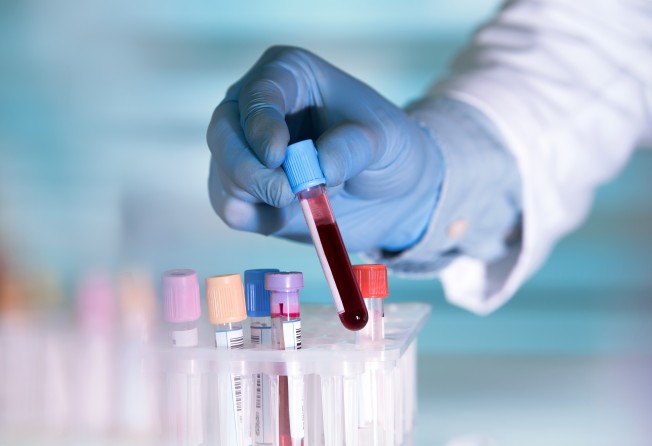
Temasek unit-backed firm Lucence to tap Hong Kong cancer screening market
- Expansion in Hong Kong will see Lucence compete with companies such as Sanomics and Prenetics
- Singapore-based company has raised US$9.2 million in seed capital and is looking to raise another US$10 million or more

Lucence Diagnostics, a Singapore-based cancer screening and DNA testing company backed by a private equity unit of sovereign fund Temasek Holdings, is considering setting up a laboratory in Hong Kong to better compete in the liquid biopsy market.
The company, set up in 2016, last year launched what it billed as globally the first liquid biopsy test that can detect gene mutations and viruses associated with 14 cancers most common in Asia.
The Lucence test costs more than US$1,000, which founder and chief executive Tan Min Han said represents just 10 per cent to 20 per cent of the cost of a tissue biopsy.
Tan said the company had undertaken several thousand cancer screenings and DNA tests since its inception, of which about 1,000 originated in Hong Kong and were sent to its lab in Singapore. It will take Lucence six months to decide whether to work with, or acquire a lab in Hong Kong, with the Science Park a potential venue, he added.
Lucence’s expansion in Hong Kong will see it compete with companies such as Sanomics, a Hong Kong Science Park-based firm backed by Shenzhen-listed Berry Genomics, which said it has processed more than 7,000 cases in 20 countries and regions. Lucence’s hereditary genetic mutation test will also compete with Prenetics, the first Hong Kong company to take a genetics test kit for cancer risks directly to consumers.

Over the next five years, Lucence will conduct a clinical study with 100,000 participants across Asia to validate a new blood test it is developing to screen for several types of cancers in their early stages.
Tan said this would require significant investment. The company, whose shareholders include Heliconia Capital Management, a private equity unit of Temasek’s, has raised US$9.2 million in seed capital and is looking to raise another US$10 million or more.
Described as “Swiss army knifelike”, the Lucence test provides genomic profiling of 50 genes, including fusion genes linked to prostate and haematological cancers, the Epstein-Barr virus that heightens the risk of lymphoma and nasopharyngeal cancer, and the hepatitis B virus, which can lead to liver cancer if not treated.
Tan said the test was based on proprietary amplicon-based DNA sequencing technology, which replicates cancer DNA fragments so that they can be detected more easily. He said it performs better than conventional methods.
“We create the environment where these copies [of cancer cell DNA fragments] make more copies of themselves … it is an established biological process,” Tan said. “This allows us to achieve greater sensitivity to [genetic mutation]”.
Lucence plans to launch next month a blood test to detect mutations in eight genes for non-small cell lung cancer, one of the top three types of cancers in Hong Kong, with results delivered in eight days.
It already offers a blood test for early-stage nasopharyngeal cancer, a test to distinguish benign breast tumours from malignant ones, and a blood test to determine people’s risks of developing up to seven types of cancers caused by genetic mutations passed down in families.
California-based Guardant Health, a much more established US peer, this year launched a research-use-only blood test to detect early-stage cancers and relapses, using data from more than 80,000 patient samples collected from users of its blood tests for later stage cancer.
Another US rival, Grail, backed by sequencing giant Illumina, billionaires Bill Gates and Jeff Bezos, in December announced plans for a 50,000-participant clinical trial designed to validate its early-stage cancer test.